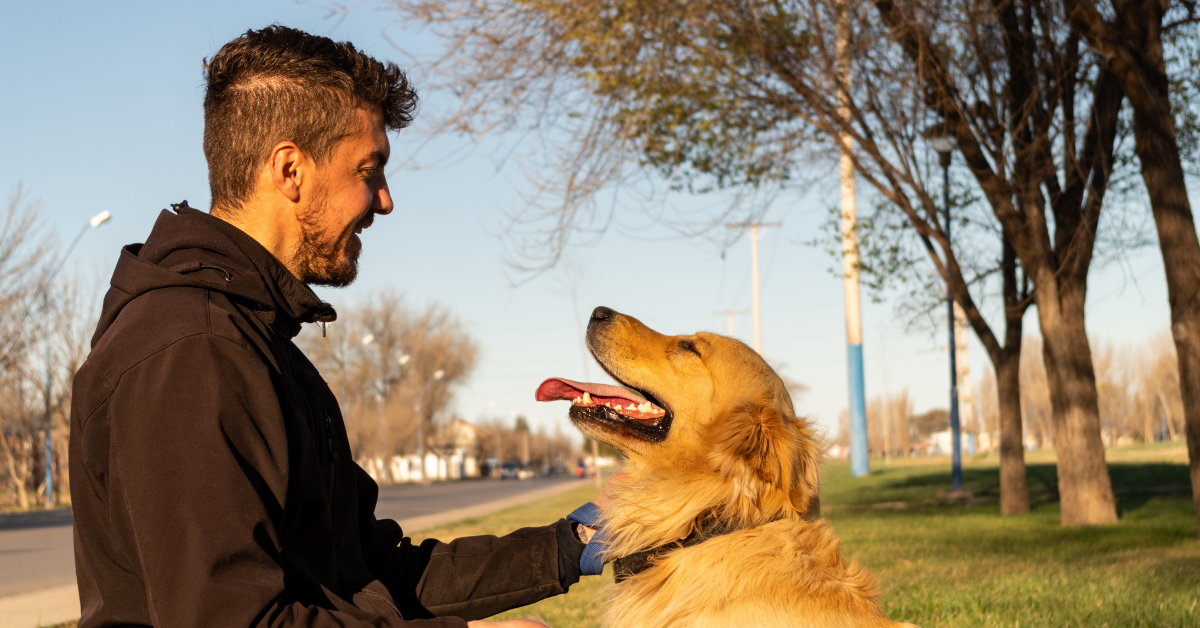Food For Thought On Breed-specific Legislation
Breed-specific legislation (BSL), as defined by the ASPCA, “is the blanket term for laws that either regulate or ban certain dog breeds in an effort to decrease dog attacks on humans and other animals”. The term BSL has been in the news recently due to the proposed ban on pit bulls in Montreal, Canada. Surprisingly, over 700 cities right here in the United States have incorporated breed regulations or bans on certain dog breeds. The theory behind breed-specific legislation is to prevent dog attacks before they occur – that some breeds cause more damage than others. Does banning or regulating specific dog breeds make for a safer community for people and animals?
First, let’s review the difference between a ‘regulation’ and a ‘ban’. According to law.com, regulations are, “rules and administrative codes issued by governmental agencies at all levels, municipal, county, state and federal. Although they are not laws, regulations have the force of law, since they are adopted under authority granted by statutes, and often include penalties for violations.” For instance, when cities regulate a specific breed of dog they may require any of the following as outlined in their municipality codes:
- Installing “special enclosures” with Beware of Dog signs.
- Obtaining specific permits and licensing.
- No owner should permit the specified breed of dog off the owner’s premises unless it’s on a non-retractable lead no longer than six feet in length.
- Muzzling of the dog while off the property.
- The specified dog must always be in control of the owner, or a family member, sixteen years of age or older.
A ban is an official or legal prohibition. If a specific breed of dog is banned in a municipality it is in no way lawful to own one. Some municipalities respond with “humane destruction” of banned dogs as punishment for violation of their breed ban code.
Some cities have reported a significant drop in severe and fatal attacks since enacting bred-specific legislation targeting pit bulls. According to DogsBite.org, “the most dramatic results are often seen in jurisdictions that ban pit bulls because a ban reduces the breeding and the importation of pit bulls into the community. There have been excellent results with other types of ordinances as well.” Springfield, Missouri, for example, has reported a drastic reduction in the amount of pit bulls that were impounded in their shelters, ultimately freeing up shelter space and resources.
The ASPCA released a position statement on their opposition to BSL. They cited that the Center for Disease Control (CDC) “strongly recommends against breed-specific laws in its oft-cited study of fatal dog attacks, noting that data collection related to bites by breed is fraught with potential sources of error.” The ASPCA also mentions the difficulty in identifying certain breeds, especially among mixed-breed dogs. A breed-specific ban may act as a quick fix but the underlying problem remains with reckless dog guardians. The ASPCA suggests a breed-neutral approach which would include enforcement of dog license laws, low cost spay and neutering programs, enhanced enforcement of leash laws, dangerous-dog laws that are breed-neutral and focus on the individual guardian and dog, and laws prohibiting chaining and tethering. Additionally, they argue for holding the guardian financially responsible for any violation of an animal control law and enhanced enforcement of animal cruelty laws.
Breed-specific legislation focuses a lot on pit bull type dogs but other breeds are often included in regulations and bans. All dogs have different tendencies and genetic makeups but one thing is certain, they all have teeth. The makeup of a pit bull is another blog post entirely. The goal of this post is to get the conversation started and hopefully encourage people to do their own research before forming an opinion on specific breeds and legislation.
Looking for more information? The websites DogsBite.org and ASPCA.org offer great resources on the topic of breed-specific legislation.
Other Recent Blog POsts

Celebrating The Original Floofins’ Sweet 16
July 24, 2024
Emergency Planning for Your Home & Pet
July 18, 2024
Beyond the Blurry Phone Pic: Schedule Professional Pet Photos Instead
July 10, 2024
Keeping Chicago Pets Safe on the Fourth of July
July 1, 2024
Why Floofins & Co. Leads the Pack
June 26, 2024

